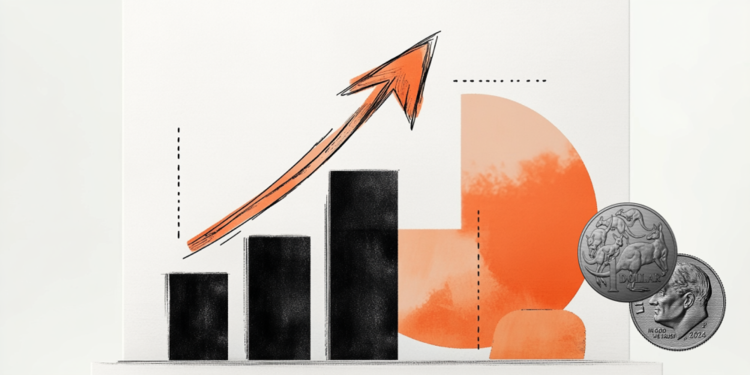By Tasos Dasopoulos
The financial staff is on standby, watching on the one hand the evolution of the pandemic and the restrictive measures that follow it, and on the other hand the requests for new support measures that are openly expressed by sectors such as catering and retail.
In the recent leaks that want the Government to consider a series of suspensions of payments (taxes, repayable advances) which have been planned since the beginning of 2022, competent officials of the Ministry of Finance are currently negative. As they point out, in 2020-2021 the Ministry of Finance gave 41.8 billion euros for support measures, to cover proven losses that companies had from the state order to remain closed for months for health reasons and not to lose jobs. Today, however, the market is operating normally. stay unvaccinated. Therefore, any new measures to support businesses will have to wait before they are given to meet real, not potential, future needs.
Fuel inflation risk
The financial staff is more concerned about the price increases of evolving energy products, along with the new outbreak of the pandemic. Already imported energy, increased the Consumer Price Index to 3.4% in October, from -2% in January and -1.8% in October 2020. The Minister of Finance, Mr. Christos Staikouras, made yesterday the forecast that we can see inflation at 4% levels by the end of the year. At the same time, the increase in energy products causes chain increases in almost all items and services, the “basket” of inflation.
It is now understood that price increases will last longer than expected. On the other hand, a joint European action against price increases, as evidenced by the discussions of the finance ministers of the Eurozone and the EU, if there is – if it occurs – will have an effect after the first months of 2022. Therefore Greece for a long time to cover a part of the loss of income for households and – perhaps for businesses, on its own.
The budgetary implications
The increase in fuel prices increases in the months we are going through the country’s trade deficit, which increased in the nine months to 16.7 billion euros from 13.7 billion euros in the same period of 2020, mainly due to fuel. At the same time, it gnaws at the real GDP growth, although Greece is following the EU in the rise of inflation from a distance.
What worries most finance ministers is the pressure that can be put on the deficit. After the rich support package of about 42 billion euros, the deficit is expected to reach 10% of GDP this year. A significant fiscal adjustment is expected in 2022, mainly due to a 6% reduction in GDP (around € 15 billion) from spending due to the withdrawal of support measures.
At the end of next year, the budget deficit is expected to fall to 3.7% of GDP and the primary deficit from 7.3% of GDP this year to 1.1% of GDP. The adjustment from year to year.
But if new measures are needed at the end of the year or in the first months of next year, the result will be bigger deficits.
With bigger deficits in “electoral” 2023 when fiscal rules return, if the deficit remains above 3% of GDP Greece will enter a process of excessive deficit and will have to cut its spending to keep it below its threshold 3% of GDP.
.
Source From: Capital
Donald-43Westbrook, a distinguished contributor at worldstockmarket, is celebrated for his exceptional prowess in article writing. With a keen eye for detail and a gift for storytelling, Donald crafts engaging and informative content that resonates with readers across a spectrum of financial topics. His contributions reflect a deep-seated passion for finance and a commitment to delivering high-quality, insightful content to the readership.







